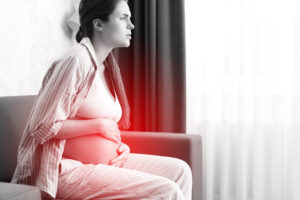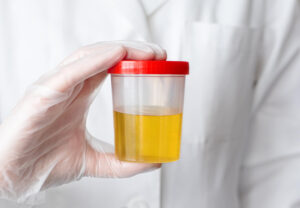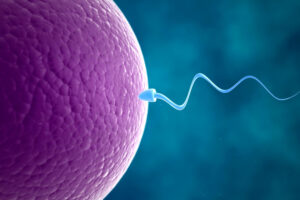Embarking on the journey to parenthood is an exciting yet complex experience. To achieve a successful pregnancy, many factors have to come together favorably. Disruption in one stage of the process can lead to an unhealthy pregnancy or loss of pregnancy. Sperm entering the female reproductive system is the primary step in the process of conception. The most important factor affecting successful conception is sperm survival inside a female body.
Understanding sperm survival within the female body is crucial for anyone trying to conceive. Numerous factors influence sperm viability, and knowing how long sperm can last helps couples optimize their chances of conception.
In this blog, we’ll explore the basics of sperm survival, the factors affecting it, and what this means for couples hoping to start a family.
Basics of Sperm Production & Survival
Sperm production occurs in the male reproductive system, specifically in the testes, through a process known as spermatogenesis, which takes about 64 to 72 days. Once matured, sperm are stored in the epididymis, a coiled tube attached to each testis, until ejaculation. During ejaculation, sperm are released along with seminal fluid, which provides nutrients and protection.
On average, sperm can survive in the female body for about 3 to 5 days. However, this lifespan can vary based on several factors. Both male and female environments affect sperm survival in a female body which is explained below.
Factors Affecting Sperm Longevity
A. Male Factors Influencing Sperm Quality & Survival
- Sperm Health:
Factors such as sperm motility (the ability to move effectively), morphology (shape), and overall sperm count directly affect how long sperm can survive and their likelihood of fertilizing an egg. Healthy sperm are more likely to survive longer and successfully reach the egg. - Lifestyle Choices:
Male lifestyle factors, including diet, exercise, smoking, and alcohol consumption, can impact sperm health. A balanced diet, regular physical activity, and avoiding harmful substances can improve sperm quality. - Health Conditions:
Certain medical conditions, such as diabetes, hormonal imbalances, or infections, can affect sperm production and quality. Regular check-ups and discussions with healthcare providers can help address these issues.
B. Female Factors Influencing Sperm Survival & Conception
- Timing of Intercourse Relative to Ovulation
The timing of intercourse is crucial for conception. Sperm meeting the egg during the woman’s fertile window, typically spanning a few days before and the day of ovulation has the ideal chance for conception. The fertile window typically spans about six days, the five days leading up to ovulation and the day of ovulation itself. Sperm that enter the female reproductive tract during this time have the best chance of surviving long enough to fertilize an egg. - Quality of Cervical Mucus
Healthy cervical mucus is essential for sperm survival. During ovulation, it becomes thinner and more alkaline, facilitating sperm movement. - Female Hormonal Environment
Hormones like estrogen and progesterone help maintain conditions conducive to sperm longevity. During ovulation, cervical mucus becomes more favorable for sperm survival.
Common Myths and Misconceptions
Many myths exist surrounding sperm lifespan. To clarify common misconceptions about sperm lifespan, here’s a handy table:
| Myth | Fact |
| Sperm can live for weeks in the female body. | Sperm generally survive for 3 to 5 days under optimal conditions. |
| Temperature can drastically extend sperm life. | Sperm longevity is influenced primarily by the female hormonal environment, not temperature. |
| A thicker sperm deposit means more probability of surviving conception. | Thickness is only related to the sperm concentration and not its survival |
| All the sperm reach the egg and only one impervates it. | Only the mobile sperm survives in reaching the egg. |
Understanding how long sperm can survive in the female body sheds light on the conception process and empowers couples in their family planning efforts. With sperm generally surviving between 3 to 5 days, timing intercourse during the fertile window and maintaining a healthy lifestyle for sperm viability is essential for optimizing the chances of conception. Couples can improve their odds by recognizing the signs of ovulation and utilizing tools to track fertility.
Ultimately, a well-rounded understanding of sperm survival and the reproductive process equips couples with the knowledge they need to navigate their journey toward parenthood with confidence. For personalized advice, it is optimal to consult with a healthcare provider who can offer valuable insights tailored to individual situations.
At Boon IVF, we understand that the path to parenthood is a unique journey for every couple. Our team of knowledgeable fertility experts is committed to providing comprehensive insights into sperm survival and the factors influencing conception. We offer personalized care and evidence-based strategies to optimize your chances of success. With a holistic approach and a dedication to ethical treatment, we’re here to guide you through each step of this important process. Together, we can explore all available options to help you realize your dream of becoming a parent.


